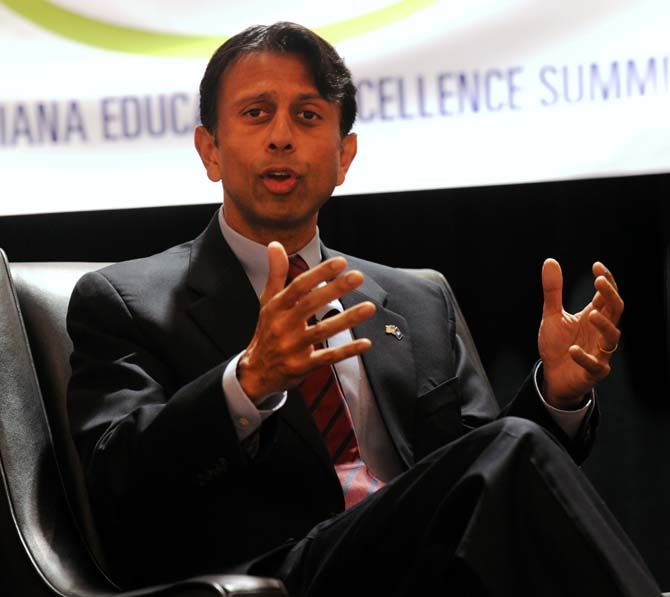Gov. Bobby Jindal’s plan to eliminate personal and income taxes and pay for the cuts with a higher sales tax has been shut down this legislative session.
Jindal first communicated his ideas for reform Jan. 10, by tweeting, “We should eliminate all personal corporate income taxes in a revenue neutral way and keep sales tax low and flat.”
His reform plan included removing state income and corporate taxes and raising the sales tax by 47 percent to 5.88 percent.
The plan also included a rebate for retirees and middle and low income residents, and it would eliminate about 200 tax exemptions.
According to The Wall Street Journal, several states have picked up on the income tax elimination trend, including Kansas, Oklahoma and North Carolina.
Jindal outlined that certain necessary services such as education, construction, healthcare, legal services and oil and gas services would be exempt from the raised sales tax.
Jindal’s tax reform plan also included raising cigarette taxes, but he said he would veto any increase in state tax revenue if the taxes were not offset by another cost.
“Broadening the state sales tax base and raising the state rate to 5.88 percent. . .which will result in about $2.1 billion in revenue,” Jindal said in a news release.
James A. Richardson, economics professor and director of the Public Administration Institute, said Jindal’s basic intent was to expand the base by taxing things not currently taxed.
“You wouldn’t have an income tax, but if you went out to buy beer or pizza you’d have a higher sales tax on it,” Richardson said. “If your income isn’t as big, you wouldn’t gain much but you’d have to pay more sales tax.”
Associate political science professor Belinda C. Davis explained Jindal’s plan for redistributing the money.
The governor stated the plan would be “revenue neutral” because he did not want to raise money through taxes as it goes against the Republican political ideology of shrinking government, she said.
Davis said low-income families and college students would see prices increase for products, but their incomes would not change.
Political science senior Alex Braud said Jindal’s tax reform is “a step toward much more voluntary payment of taxing.”
Braud said the plan gives citizens a better opportunity to save money. It will let citizens see how much they make and then decide how much they are willing to pay for different items, he said.
Since Jindal’s announcement, the business lobby strongly opposed the plan, and according to the Associated Press, the bill has become stagnant for the session.
“Broadening the state sales tax base and raising the state rate to 5.88 percent, which will result in about $2.1 billion in revenue.”





